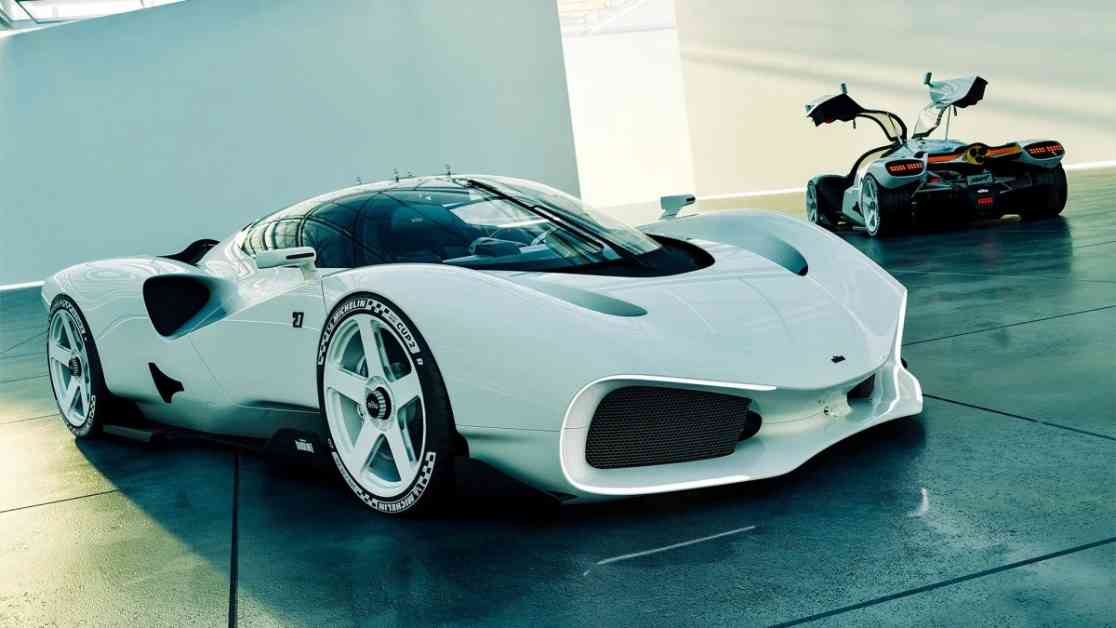Nilu27, a new player in the world of hypercars, is making waves with its unique approach to high-performance vehicles. Founded by designer Sasha Selipanov, the company is taking a different route by opting for a naturally-aspirated V12 engine without any electrification or turbochargers. This decision sets them apart from the trend of electrified supercars that are becoming more common in the industry.
The Nilu hypercar, named after the company itself, draws inspiration from the golden era of Formula 1 racers in the 1960s, Le Mans cars, and iconic Italian design houses. It boasts a bespoke carbon fiber monocoque with lightweight aluminum subframes that are not only strong but also aid in heat dissipation and powertrain maintenance.
Powering the Nilu hypercar is a 6.5-liter 80-degree V12 engine manufactured by Hartley Engines in New Zealand. With an expected output of over 1,000 horsepower, this engine promises a thrilling driving experience with its rev-happy personality. The absence of electric motors is compensated by the engine’s large bore and short stroke, delivering performance akin to hybrid and electric vehicles.
To complement the powerful engine, Nilu opted for a seven-speed CIMA manual transmission and 3D-printed exhaust components made of Inconel, a superalloy known for its ability to withstand extreme heat and stress. Michelin Pilot Sport Cup 2 R tires and Brembo carbon-ceramic brakes ensure optimal grip and stopping power for the hypercar.
Inside the Nilu hypercar, a Bauhaus-inspired interior awaits, featuring a gated shifter, racing seats with harnesses, and a minimalist design approach. The center-mounted tachometer takes center stage on the dashboard, while the three-spoke steering wheel proudly displays the Nilu logo. Embracing an old-school, analog feel, the cabin is devoid of screens except for the rearview camera mirror.
Nilu27 has partnered with Aria Group in Irvine, Calif., to manufacture its first vehicles, with plans to expand its presence internationally. The initial production run will be limited to 15 units, with the possibility of a street-going variant accommodating up to 54 units, including four unique, one-off designs.
In a world where electrification is the norm for high-performance vehicles, Nilu27’s commitment to a pure, naturally-aspirated V12 engine sets them apart as a brand that values tradition and heritage in the realm of hypercars. As they venture into the competitive market, all eyes are on Nilu27 to see how their unique approach will resonate with enthusiasts and collectors alike.









